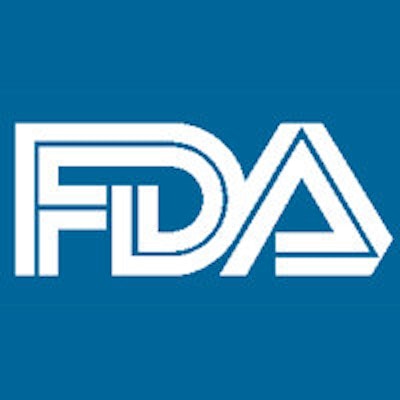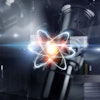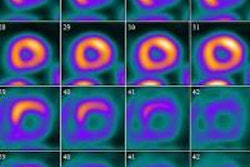
The U.S. Food and Drug Administration (FDA) on November 20 issued a warning about a "rare but serious risk of heart attack and death" with the use of two cardiac nuclear stress test agents made by pharmaceutical developer Astellas.
The communiqué targets Lexiscan (regadenoson) and Adenoscan (adenosine) and advises that use of the drugs should be avoided in patients who have signs or symptoms of unstable angina or cardiovascular instability. These patients "may be at greater risk for serious cardiovascular adverse reactions," according to the FDA.
Adverse events
Both Lexiscan and Adenoscan are pharmacologic stressors; they are indicated for use during cardiac nuclear stress tests to identify coronary artery disease in patients who cannot exercise adequately. Both agents are designed to dilate arteries of the heart to increase blood flow and help identify blocks or obstructions.
The drugs cause blood to flow preferentially to healthier arteries, which, in turn, could reduce blood flow in an obstructed artery. In some cases, reduced blood flow could lead to a heart attack, which can be fatal.
In addition to the warning, the FDA has approved changes to the drugs' labels to address the potentially serious reactions and has updated its recommendations for Lexiscan and Adenoscan.
The warning comes in the wake of data derived from the FDA Adverse Event Reporting System (FAERS). Incidents were reviewed from June 2008 to April 2013 for Lexiscan and from May 1995 to April 2013 for Adenoscan. The start dates of both review periods correlated with the commercial launch of each drug.
The FAERS database contained 26 cases of myocardial infarction and 29 deaths occurring after Lexiscan administration. There were six incidents of myocardial infarction and 27 deaths following Adenoscan administration.
With Lexiscan, the most common adverse events associated with death were cardiac arrest, myocardial infarction, loss of consciousness, respiratory arrest, electrocardiogram ST segment depression, pulmonary edema, and ventricular fibrillation.
For Adenoscan, the most common adverse events associated with death were cardiorespiratory arrest, dyspnea, cardiac arrest, respiratory arrest, and ventricular tachycardia.
Some events occurred in patients with signs or symptoms of acute myocardial ischemia, such as unstable angina or cardiovascular instability, according to the FDA.
"When reported, these adverse events tended to occur within six hours following Lexiscan or Adenoscan administration," the agency noted. "A few deaths occurred when Lexiscan or Adenoscan was administered with exercise stress testing, which is not an FDA-approved use of the drugs."
In a statement to AuntMinnie.com, Astellas confirmed that adverse events such as myocardial infarction, ventricular arrhythmias, and cardiac arrest -- including fatalities -- in patients who received the agents were identified in postmarketing reports and now are included in the revised labeling.
"Astellas takes its safety reporting obligations very seriously," the firm stated. "We have been working with the FDA to ensure healthcare practitioners are aware of the latest safety information about our products that has been reported through routine postmarketing monitoring so that they are able to make informed treatment decisions."
In its statement, Astellas noted that changes to product labels are not uncommon. "Lexiscan and Adenoscan have been determined by the FDA to be safe and effective when use is consistent with the approved indications," the company added. "Clinicians should consider the benefits and risks of these products when used to diagnose coronary artery disease."
Given the findings, the FDA has advised healthcare providers to screen all nuclear stress test patients to determine if they can tolerate Lexiscan or Adenoscan. The agency also recommended that cardiac resuscitation equipment and trained staff be available prior to administering Lexiscan or Adenoscan.
Astellas codeveloped Lexiscan with CV Therapeutics, and Adenoscan was originally developed by American Pharmaceutical Partners.




















